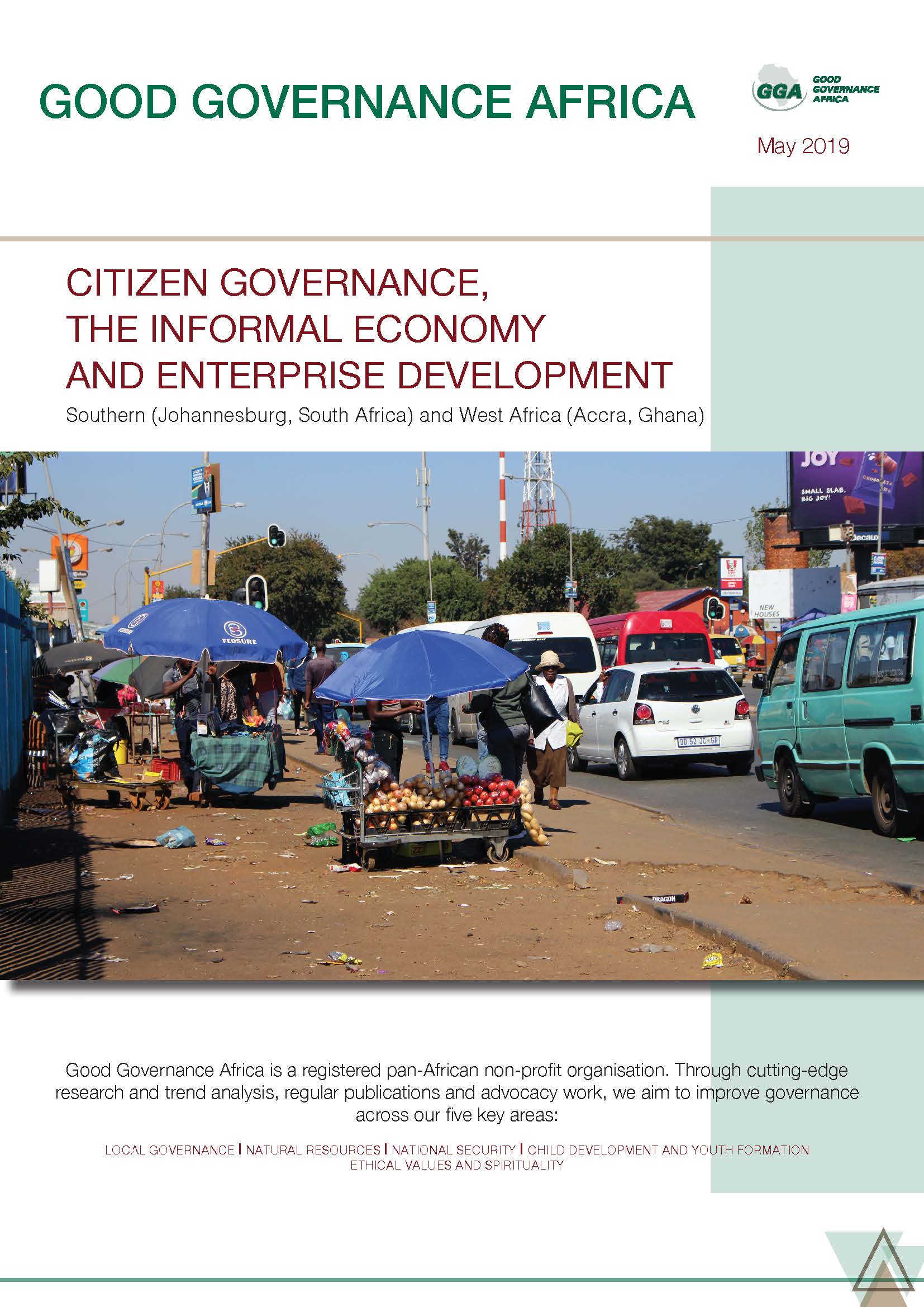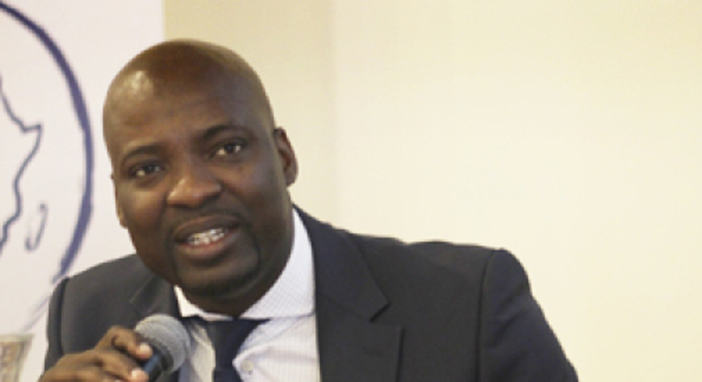 The informal economy accounts for 35.2% of total non-agricultural employment in South Africa, according to the World Bank Development Indicators (2018); and in Ghana, about 88 % of the workforce is employed in the informal sector. Economic and social factors often influence participation in the employment sector.
The informal economy accounts for 35.2% of total non-agricultural employment in South Africa, according to the World Bank Development Indicators (2018); and in Ghana, about 88 % of the workforce is employed in the informal sector. Economic and social factors often influence participation in the employment sector.
In South Africa and Ghana, disparate socio-economic factors might necessitate participation in occupations considered to be “less desirable”. This study investigated the dynamics of the informal economy through a survey of informal traders in densely populated regions of Johannesburg and Accra, with an emphasis on citizen governance, enterprise development and livelihoods.
The latest figures show unemployment in South Africa and Ghana stand at 27.6% and 6.7% respectively; for sub-Saharan African countries the unemployment rate is 6.1%. While unemployment is low in Ghana relative to South Africa, informal-sector employment is higher there compared to South Africa.
The needs of informal workers are likely to vary depending on geographic location as well as social and economic factors. Nevertheless, a good start would be to ensure that the regulatory environment, basic social protections and urban infrastructure are supportive. This research is envisioned to contribute to policy development, backed by effective implementation, to improve livelihoods in the informal economy. The study also seeks to support a bottom-up multidisciplinary movement of actors in support of the informal economy.
You can click on the image to download the full PDF or do so here.
Chrissy Dube is the Chairperson of the GGA Management Committee and also a member of the GGA Executive Committee. She is Head of Governance Insights and Analytics at Good Governance Africa. She completed her Master of Commerce Degree at the University of KwaZulu-Natal in 2013. She also has qualifications in Advanced Project Management, Data Analysis, Ethics, and Compliance. With her experience in interrogating data, Chrissy specialises in analysing and interpreting data for informed decision-making in both the private and public sectors. Chrissy is a registered member of the Institute of Risk Management South Africa. Her interests include monitoring economic and social developments.












